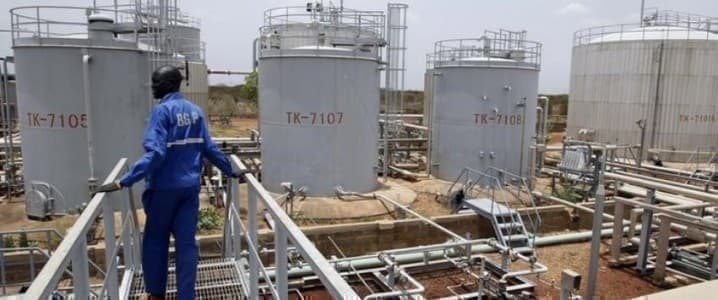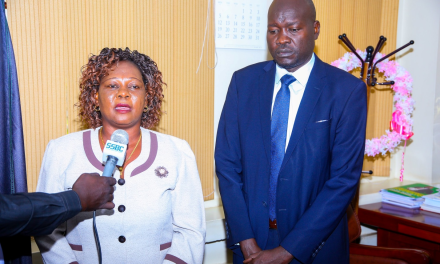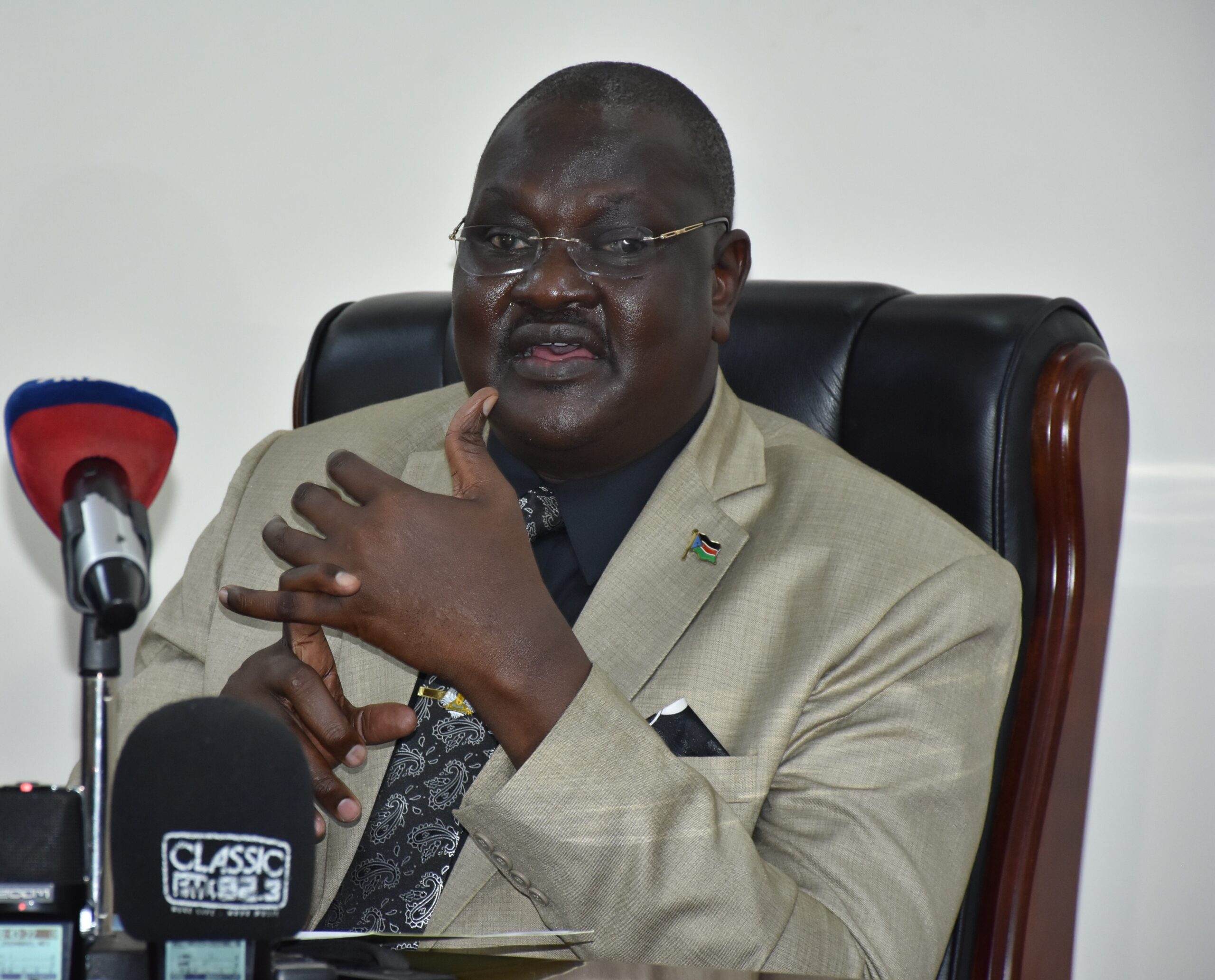
South Sudan only furnishing loans with crude revenue meant for economic reforms

By Okech Francis
South Sudan remains locked up in heavy debts which are taking away its oil revenues leaving the war-torn country with barely any finance to restructure its ruined economy, the deputy Minister of Finance, Agok Makur said.
Despite rising prices of crude oil, all revenue generated from export goes direct to furnish heavy loans incurred during the years of crisis without the country receiving any, Makur said by phone in Juba today.
“We have taken a lot of loans already before we signed the peace agreement so the money is not coming now because this crude oil is given to those who gave loans to South Sudan,” he said.
“We are now planning a strategy so that before this money is paid for the loans, it first comes to the ministry of finance and then we pay them.”
According to the International Monetary Fund South Sudan has to streamline accountability in the oil sector in order to get on the path of economic recovery.
“It’s very heartening to hear the government is committed to accountability especially in the oil sector,” Abebe Aemro Selassie, the Director of the African Department at the IMF said in a press conference in Juba on Tuesday.
“Tackling corruption is one of the high priorities in this country and it is really paramount that every single public fund is used for development,” Selassie said.
The monetary fund recently provided the country with $334 million credit facility to help its economic recovery after COVID-19. In March it disbursed $174 million credit facility while. in November 2020, it also gave the country $52 million.
“We will be more transparent with the funding that we received,” the Central Bank Governor Dier Tong Ngor told the same press conference.
“What we are doing now is to lay the ground to spearhead economic development for the people of South Sudan,” Ngor said.
South Sudan is currently implementing a peace deal aimed at ending six years of crisis which began in 2013, and usher it to the path of democracy and economic development. The war left 400,000 people dead, slashed crude production and created economic chaos.
According to a IMF statement this week, the humanitarian situation remains dire with about 60 percent of the population facing high levels of acute food insecurity.




































